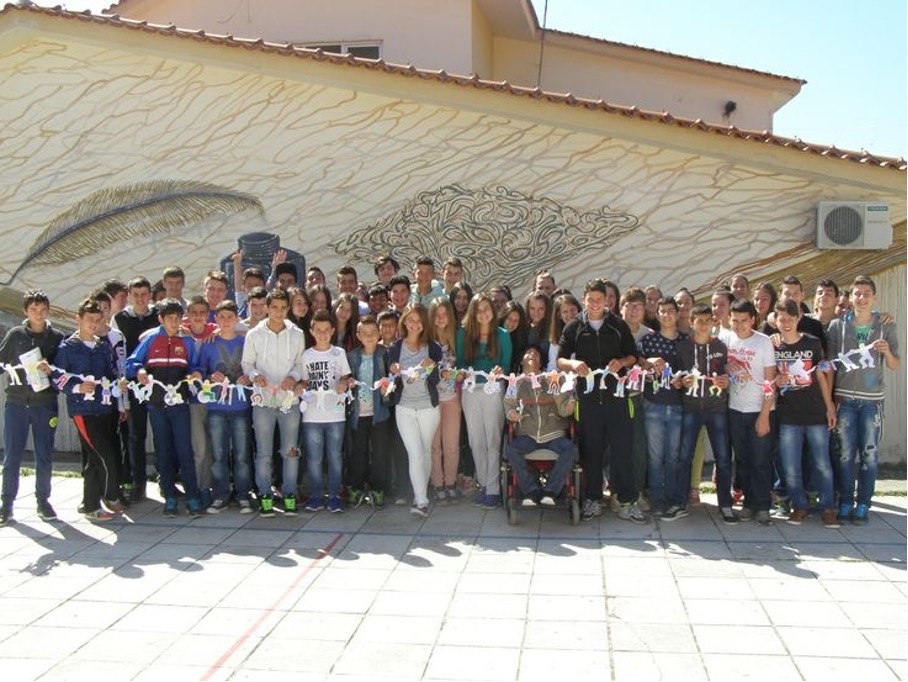
- Summary
- Fact Sheet
- Project Details
This pilot project addressed environmental misinformation and apathy among youth by engaging them in ethical dialogue and participatory workshops. Designed and facilitated by five undergraduate students in collaboration with the NGO Perivallon+, the project targeted youth aged 11–16 in Thessaloniki.
Using non-formal learning methods grounded in DISC and the UN SDGs, the students developed an education toolkit, led the Youth for the Planet workshop series, and organized a public dialogue event. The initiative promoted SDGs 4 (Quality Education), 13 (Climate Action), 15 (Life on Land), and 16 (Peace, Justice and Strong Institutions) by creating space for critical thinking, civic responsibility, and peer-led empowerment.
Challenge
There is a significant lack of accessible, youth-friendly environmental education in Greece, especially when it comes to fostering critical thinking, ethical reflection, and active civic engagement among school-aged students. Traditional curricula often focus on facts and technical knowledge, leaving little room for students to explore their own values, ask questions, or see themselves as change agents. Additionally, opportunities for young people to engage in structured dialogue about environmental justice, sustainability, and their own role in shaping the future are limited. This project addressed that gap by creating participatory spaces where students could connect environmental issues with their everyday lives and moral choices.
Target Groups:
The project targeted school students aged 11 to 16 in Thessaloniki, engaged through secondary schools, youth centers, and civic associations. These young participants often lacked access to structured environmental education and opportunities for ethical dialogue on sustainability. Indirect beneficiaries included educators, youth workers, NGO staff, and local community members involved in the final public event. The toolkit developed is adaptable for use in both formal and non-formal learning environments, allowing for continued impact beyond the initial activities.
Solution
The students created and implemented a modular educational toolkit featuring ethical dilemmas on environmental issues such as deforestation and waste. Workshops used creative techniques like role-play and silent debates. The project culminated in a large public event to share learnings and foster dialogue.
Innovation
By using ethical inquiry and peer-to-peer dialogue, the project offered a new way to teach environmental protection through philosophical reflection. It shifted the narrative from information delivery to empowerment, making climate education emotionally and morally relevant.
Impact
More than 70 youth participated directly, and schools and NGOs have requested follow-up sessions. The toolkit is now being translated for broader use. Two students were invited to present the model at an ESD conference, showing its potential for scaling and policy relevance.
This student project is submitted through:
Aristotle University of Thessaloniki
It involved 5 undergraduate students from the Department of Philosophy and Education
Project poster: Download Here
